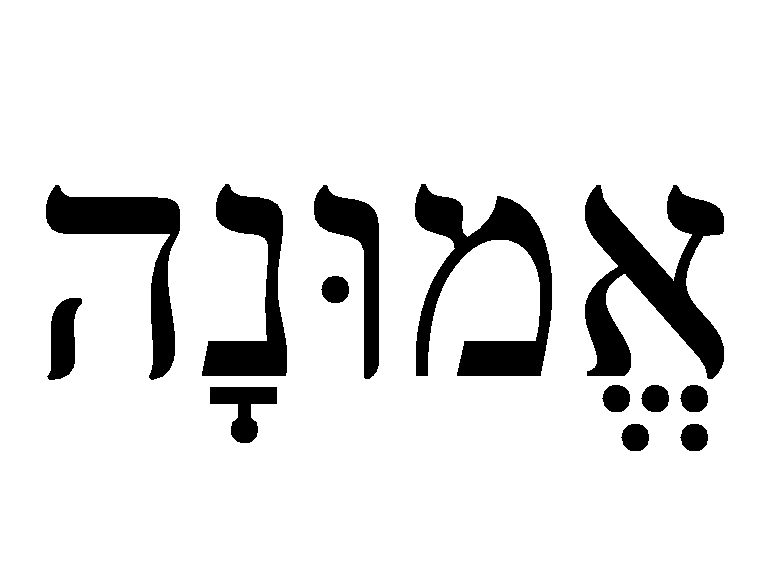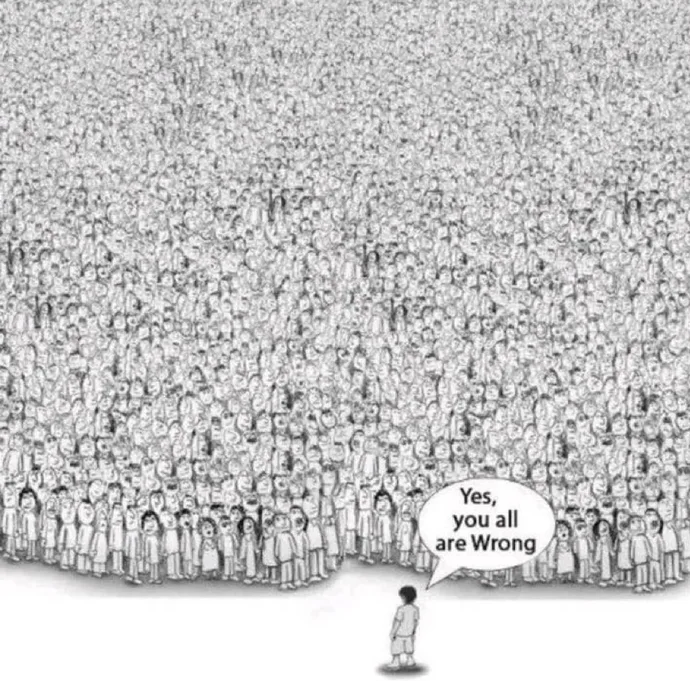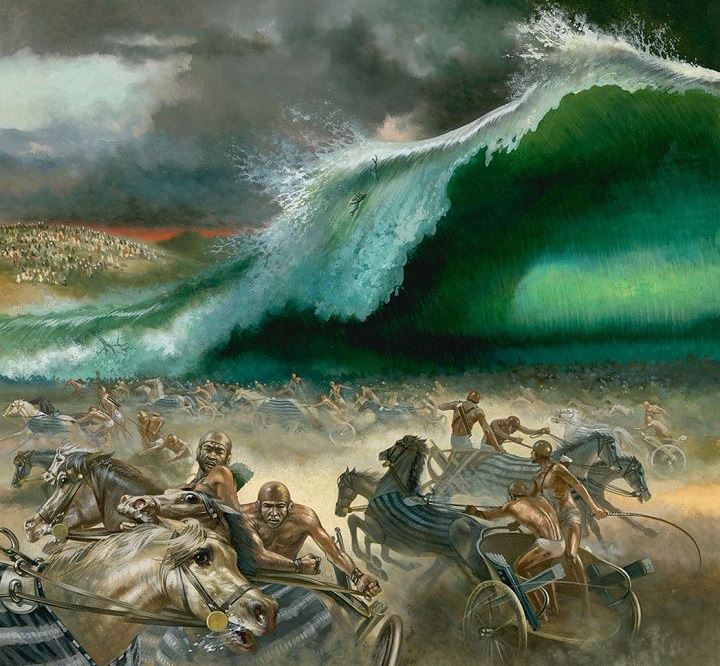The Skin of the Serpent
Why the Body Should be a Source of Shame Tangentially to the main thrust of last week's article which focused on the necessity of modesty, we cited an interesting statement in the Kitzur Shulchan Aruch (3:1): וְהַצְּנִיעוּת וְהַבֹּשֶׁת מְבִיאוֹת אֶת הָאָדָם לִידֵי הַכְנָעָה לְפָנָיו יִתְבָּרַךְ שְׁמוֹ (Modesty [tzniut] and shame bring a person to know…












